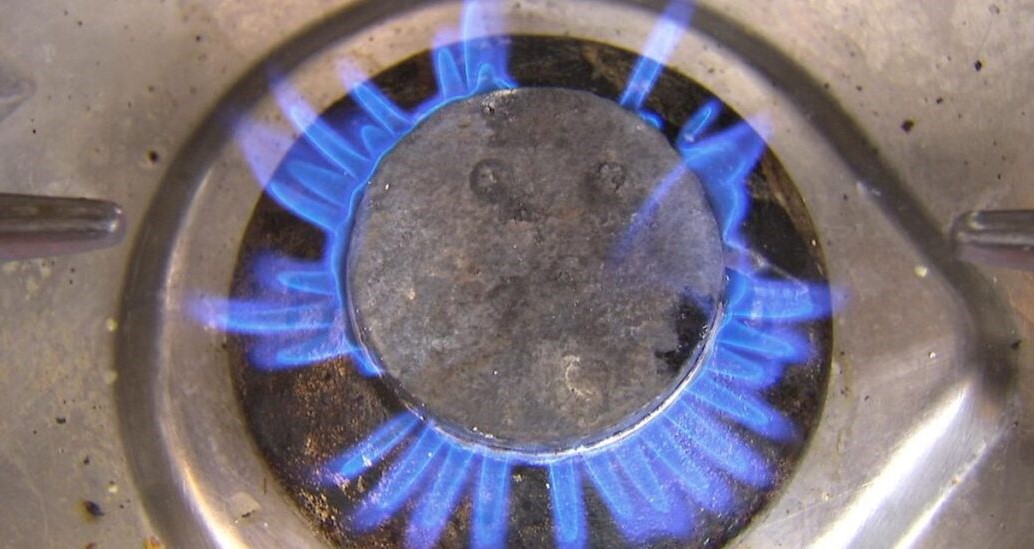By Andy Ford (Warrington South CLP member)
There is a very visible set of Tory chickens coming home to roost with the gas price crisis and its effects – sky high prices, bankrupt firms and a threat to the electricity supply.
The energy industry as a whole has barely invested in infrastructure since privatisation and, in fact, little of substance was invested after the time of Harold Wilson, with his “white heat of technology” speeches. Major projects were commissioned in the 60s and completed in the 70s, but these were later handed to the privateers, at a fraction of their value, by Margaret Thatcher and run into the ground.
After privatisation, the companies built much cheaper power stations in the “dash for gas” to burn gas from the North Sea. Even after that supply began to fail, they were allowed to carry on with this model, but now dependent on the volatile world market.
Lack of investment
The companies have failed to invest in storage facilities and Centrica even closed a giant gas storage facility at Rough in Yorkshire in 2017, leaving Britain uniquely exposed to the world market. There was simply no excuse for this lack of investment, as most estimates put excess profits in the sector between £1bn and 1.4 billion per year.

day or gas equivalent) from BP. Euan Mearns
The dash for gas and the destruction of the UK mining industry was presented by Boris Johnson as a retrospective green energy policy, but as we all know, it was nothing less than the final stage of Thatcher’s crusade to destroy Britain’s trade unions. If that entailed destroying the industrial base as well, so be it! She, and Tony Blair, and Gordon Brown, believed we could live off finance, banking and the City. It was an illusion.
All went well for them until the colossal bank implosion of 2008/09 in which more money was lost than all of them had made in profit since the founding of the Bank of England in 1694. Now a third of electricity comes from gas and hardly any from coal, and the coal that is used is almost all imported. The labour movement historically supported research and testing of clean coal and perhaps that is another missed opportunity.
Share-owning democracy?
The privatisation of gas and electricity was promoted by the Tories as a bridge to a share-owning democracy but most workers sold their shares in the first year and British Gas is now just another stock market behemoth run for short term profit. The other major companies are now foreign owned – EDF by the French government, Npower is a German company, as is EON, and Scottish Energy is Spanish owned.
These companies operate largely as monopolies and have no interest in value for customers, resilience of supply or investing for the future. They simply use their market power to take money off working class people in Britain and redistribute it to their capitalist owners.
The crisis also lays bare the futility of “consumer finance experts” like Martin Lewis who constantly appear on TV shows or the internet telling people to “shop around” and switch providers, usually to save about £30 a year. It’s all the same gas anyway! There is no ‘market’ in gas or consumer energy; it is a pretend market, like a hologram, with a lot of behind the scenes fixing to maintain the pretence.
The rational way to go
The solution is a dual one: firstly, to nationalise the capitalist monopolies to create a publicly owned energy sector run for need and not for profit; and secondly to complete a transition to energy efficient homes, and renewable electricity generation in order to reduce dependence on a volatile market in gas.
The New Scientist of 25th September reported that 62% of renewable energy was more affordable than the cheapest fossil fuel option. This is the rational way to go but it’s not likely under Boris Johnson and his corporate puppet masters. The resolution passed, against the wishes of the pro-big business leadership, by Labour conference (LINKED HERE) shows the way!



